Based on the works “Contos da Montanha”, “Novos Contos da Montanha” and “Bichos“, of Miguel Torga (ongoing project). For now, they are illustrations for a book that does not exist.
| I – The Mountain Tales, by Miguel Torga I was raised in the Mountain. Perhaps that’s the reason why I am so caught up in the physical connection that Miguel Torga’s work establishes with this reality. It’s physical. Each of his short stories has the strength of a haiku, ruthless and concise. This is a land, not a landscape. Summits and slopes are a stage for classic dramas of honor and bravery, deception and death, but also an ecological niche where life always prevails, sometimes restricted but always blunt. Rocks and crossroads can act as mystical portals, through which people, locked into their own biological and social life cycles, can tie to the cosmic, the universal II- The relevance shadow Land, territory, environment, utopia or landscape, the Mountain cannot be defined or limited by geography, Toponymy or any pictorial representation. It is a spatial continuum, shaped, but not limited, by topographic, mythical places, and the relationships between them. The Mountain is a heterotopia… although contemporary culture has discredited the mystery, since everything is intelligible, the Mountain continues to evoke the primordial wonder of the world. III – Mountain The mountain is best expressed in masses and light, less in time and space; into the border between night and day, the unending and the transitory. I don’t want to create visual references of Miguel Torga’s texts, rather render images in the same light. Landscapes and objects, occasional and involuntary witnesses of the same vital energy, highlight the tension between geological and historical time, between nature and culture. The mountain underlines simple truths. We are stuck to the average duration of a lifetime, therefore our relationship with the world is shaped by nature’s indifference towards historical time. Life prevails, but is hopelessly finite, any action is temporary and its consequences unpredictable. |
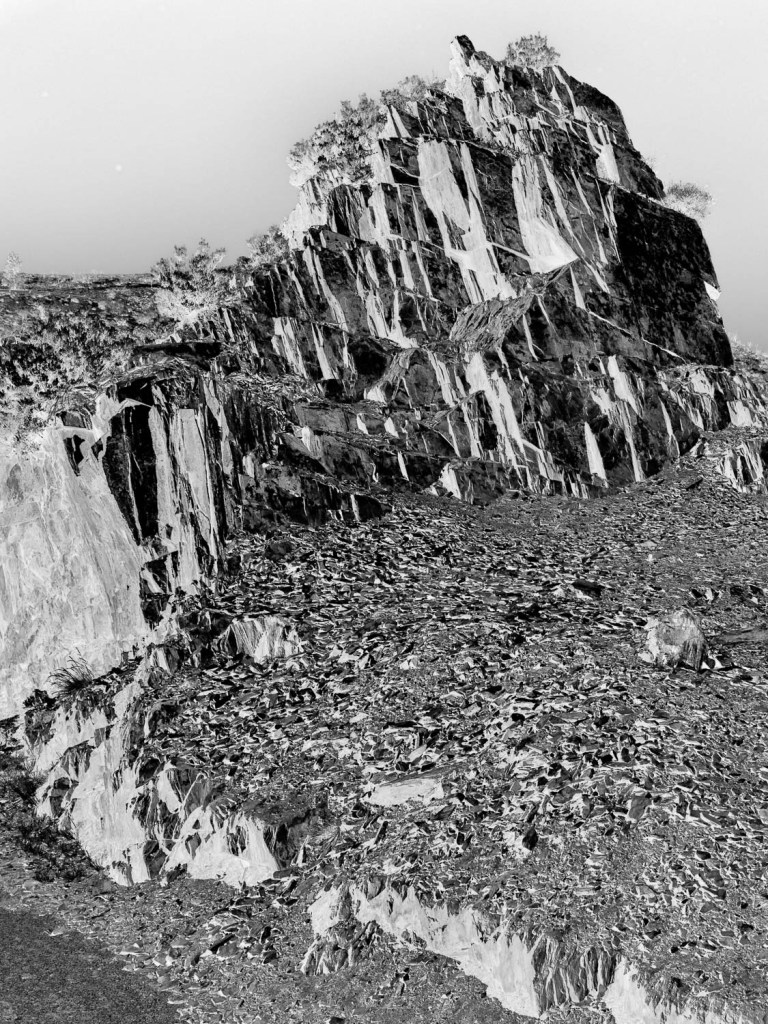
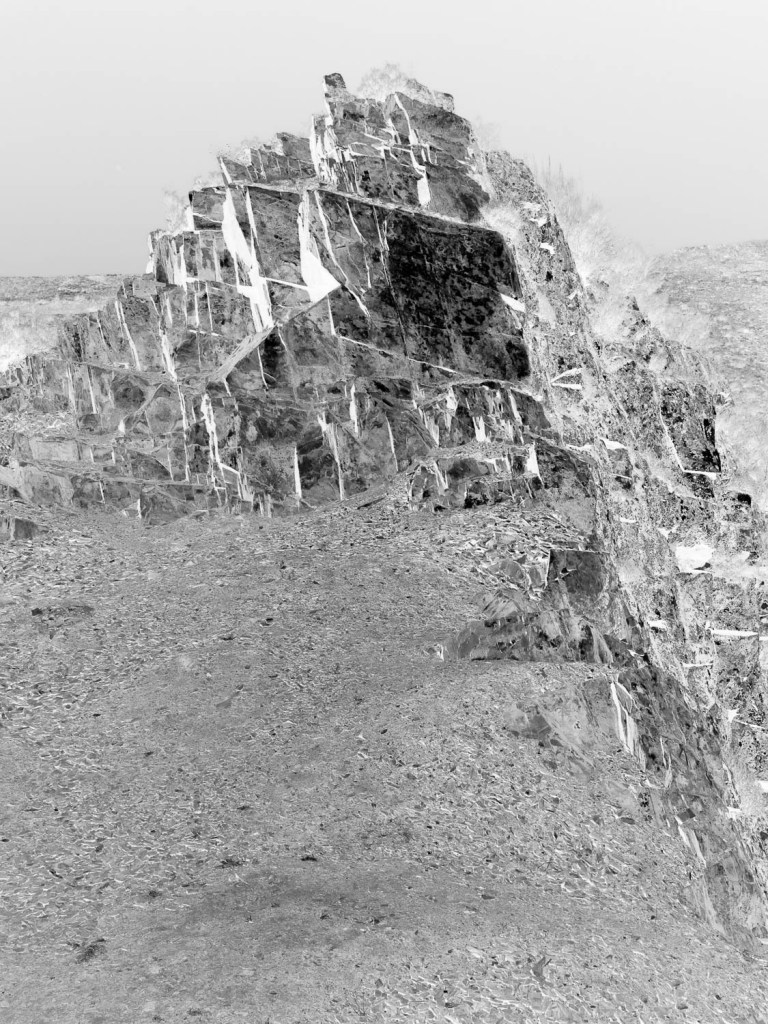
| «There, it is a long street, houses with Carnations on the window, two less cheerful narrow streets, the square, the stone cross, the church and a fountain flowing very cold water. Mountain. The worthy womb of Maria Lionça.» |
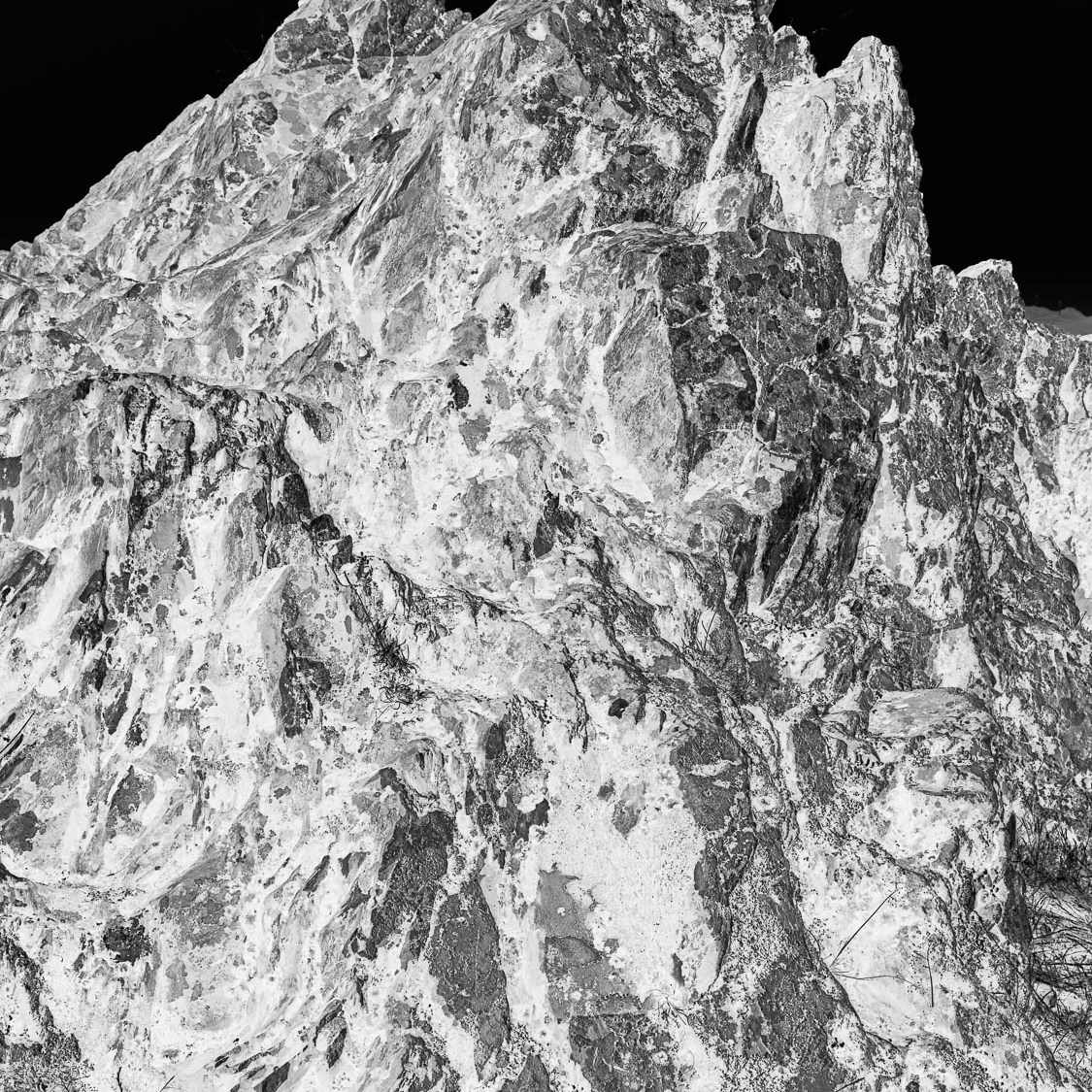



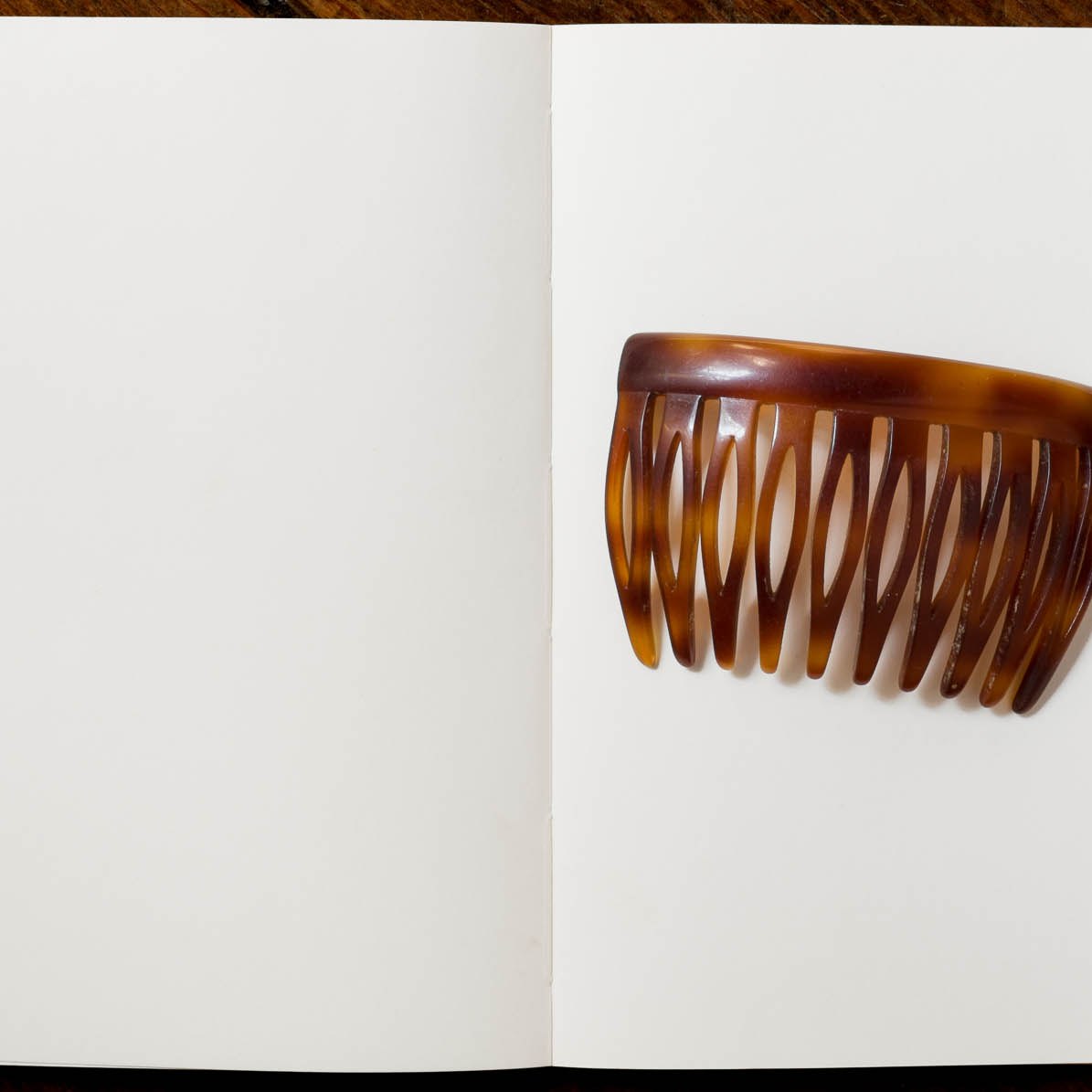

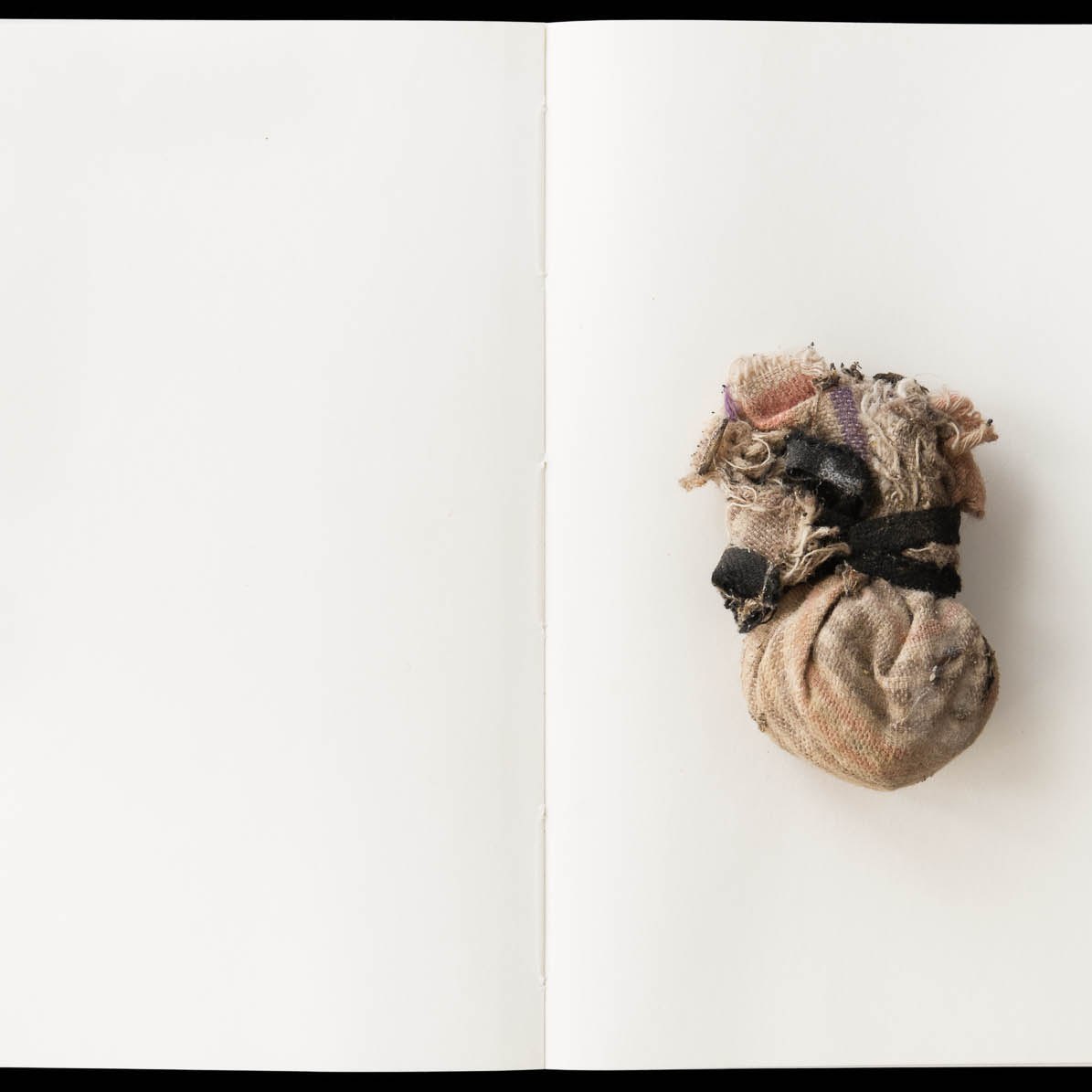




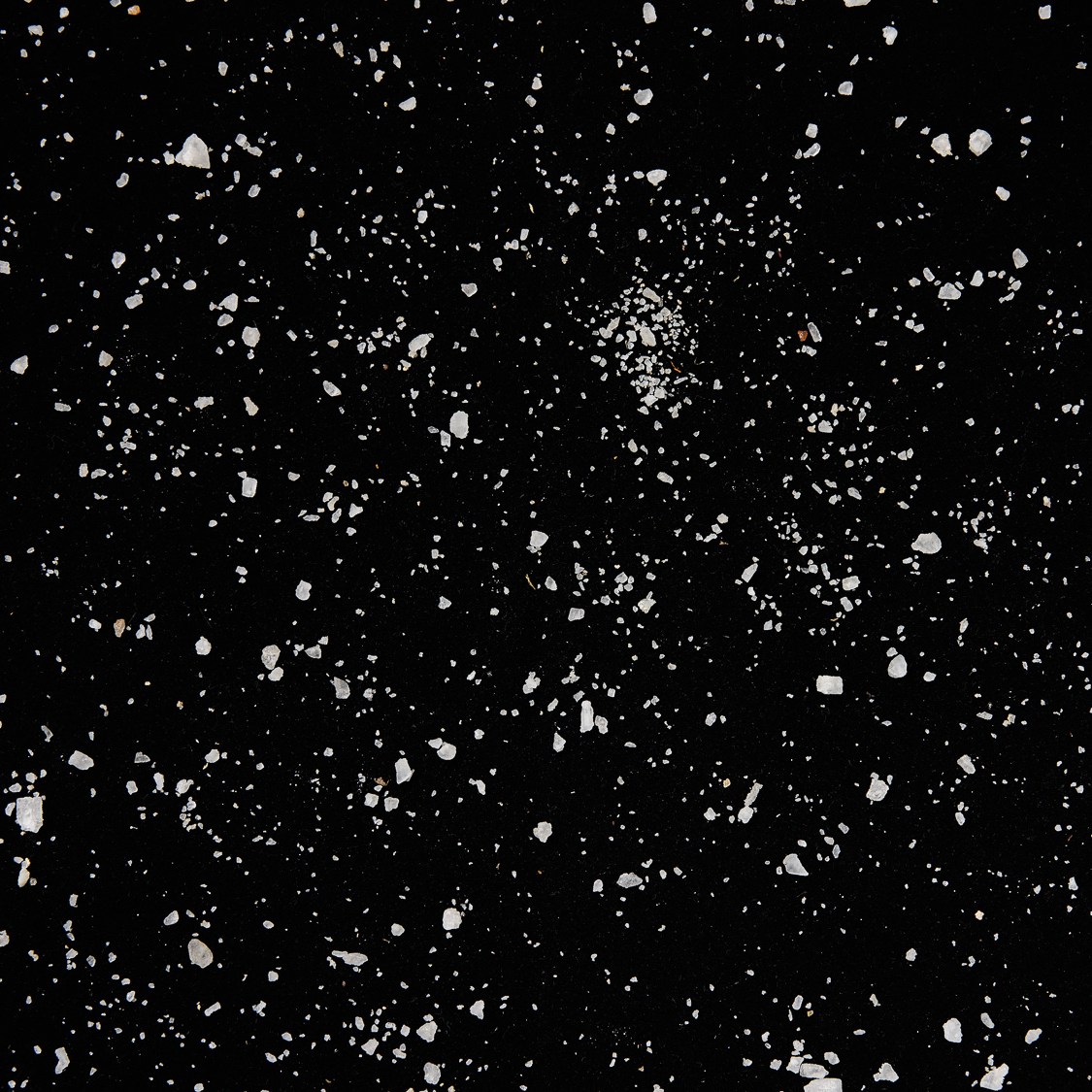
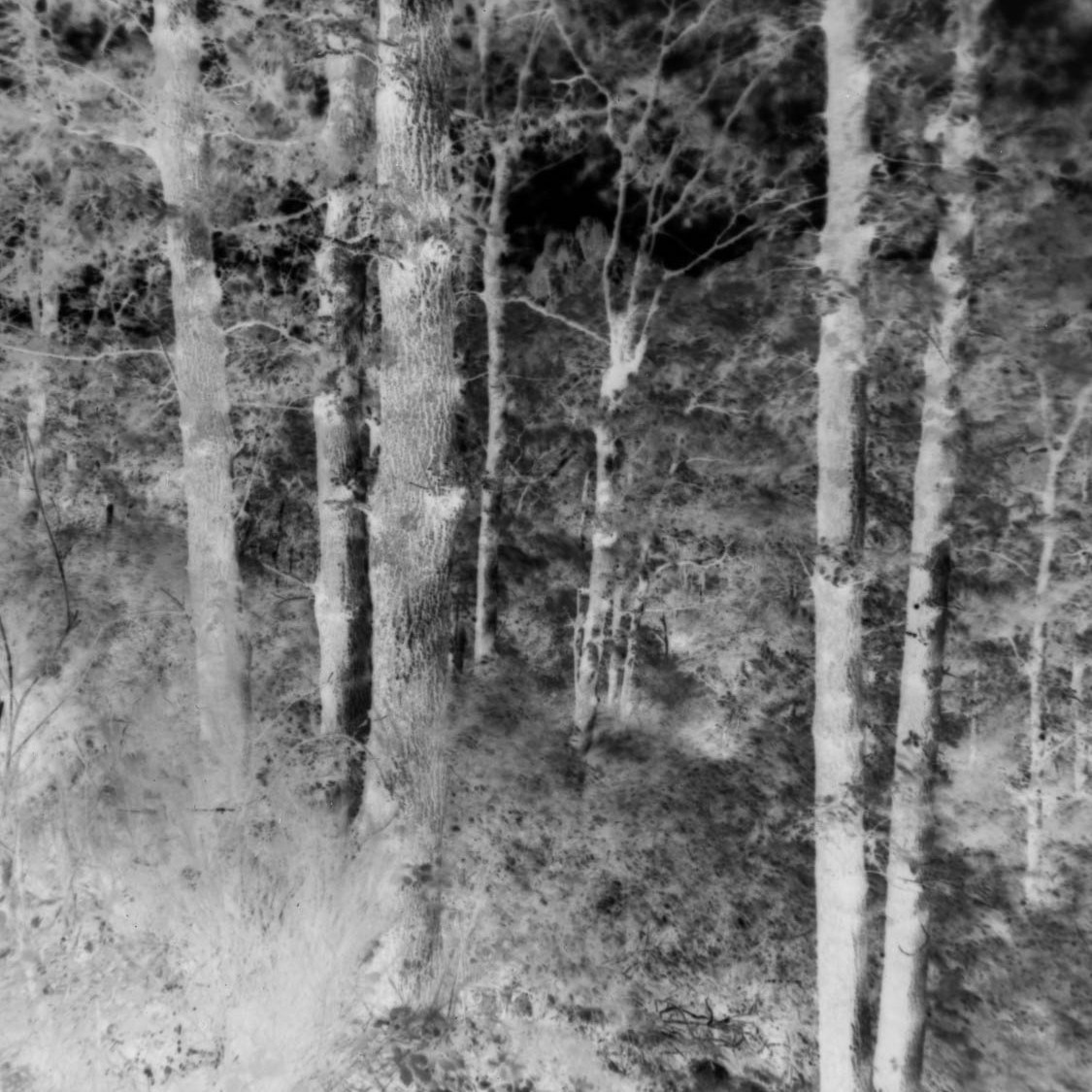
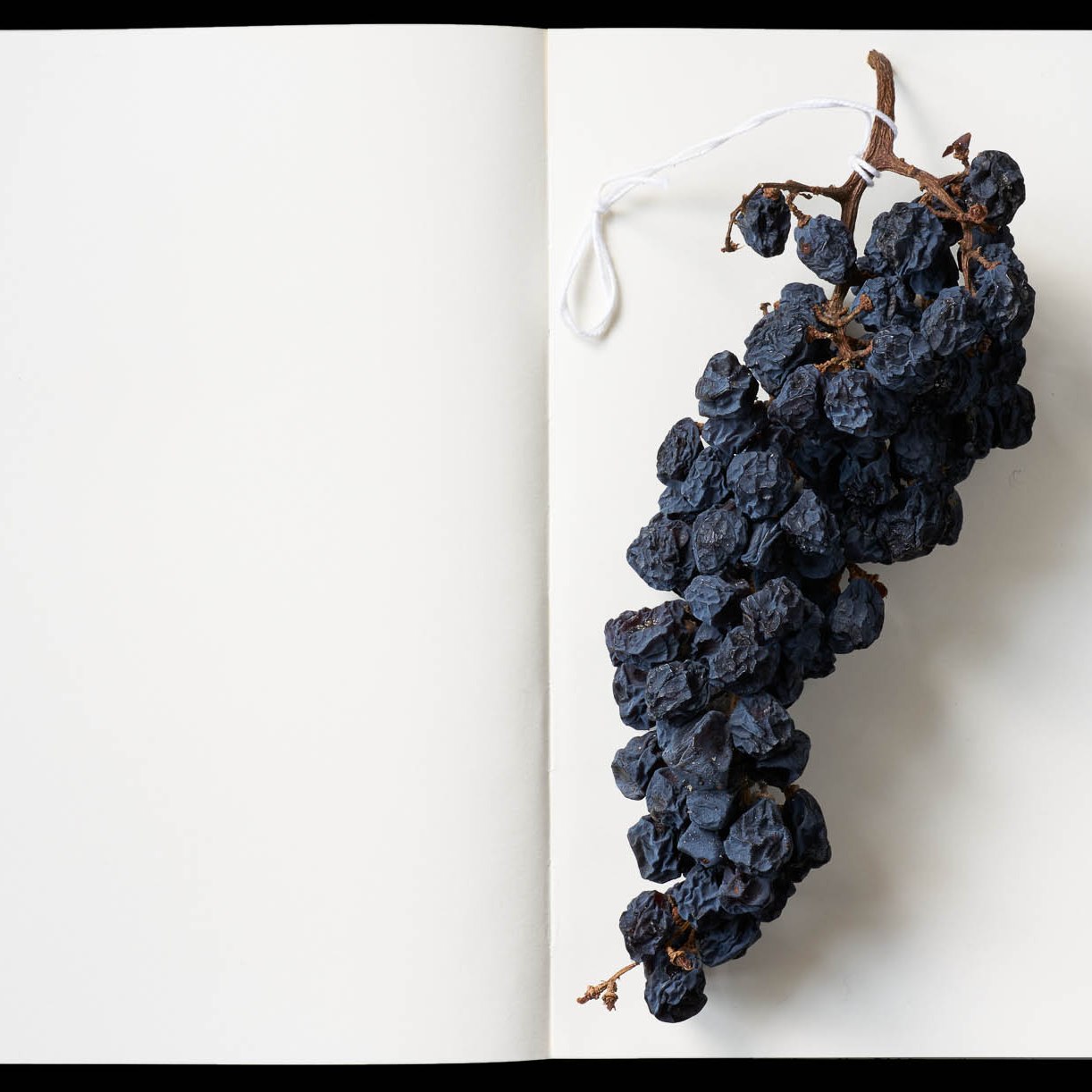



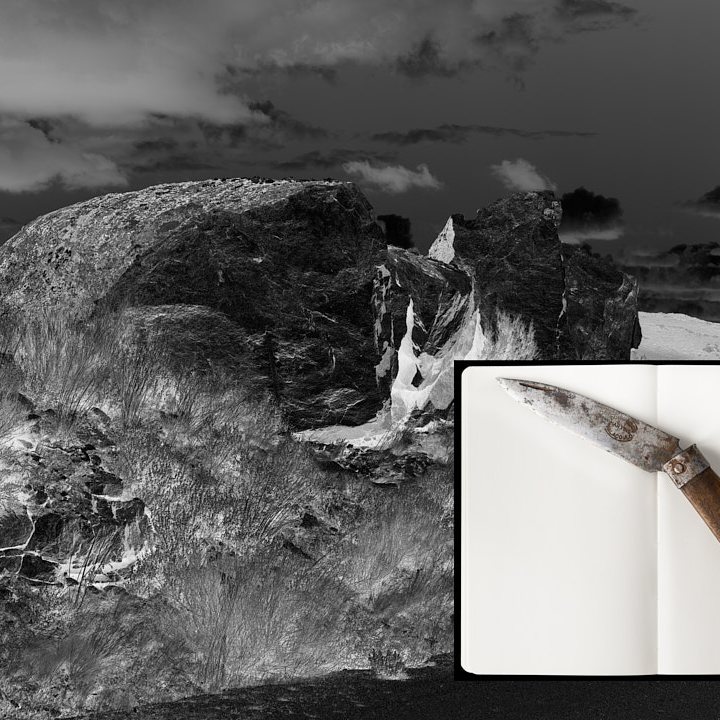
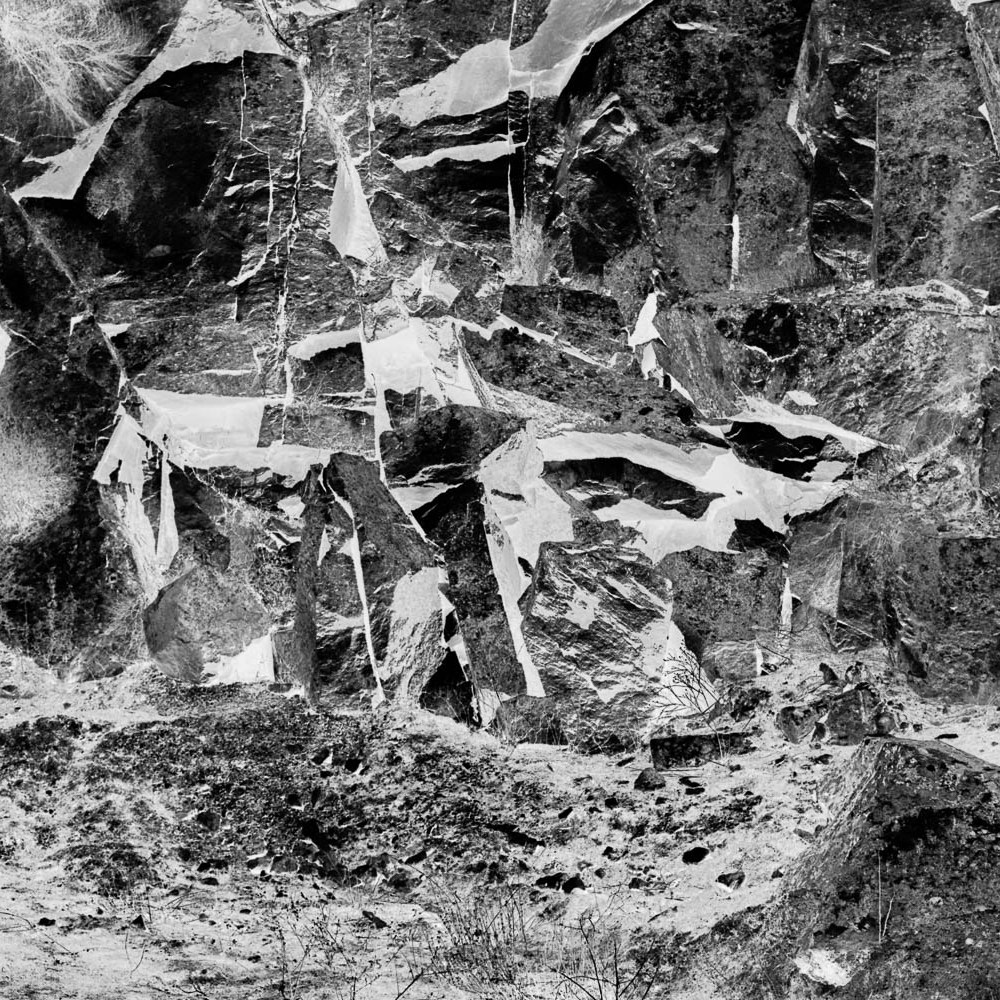

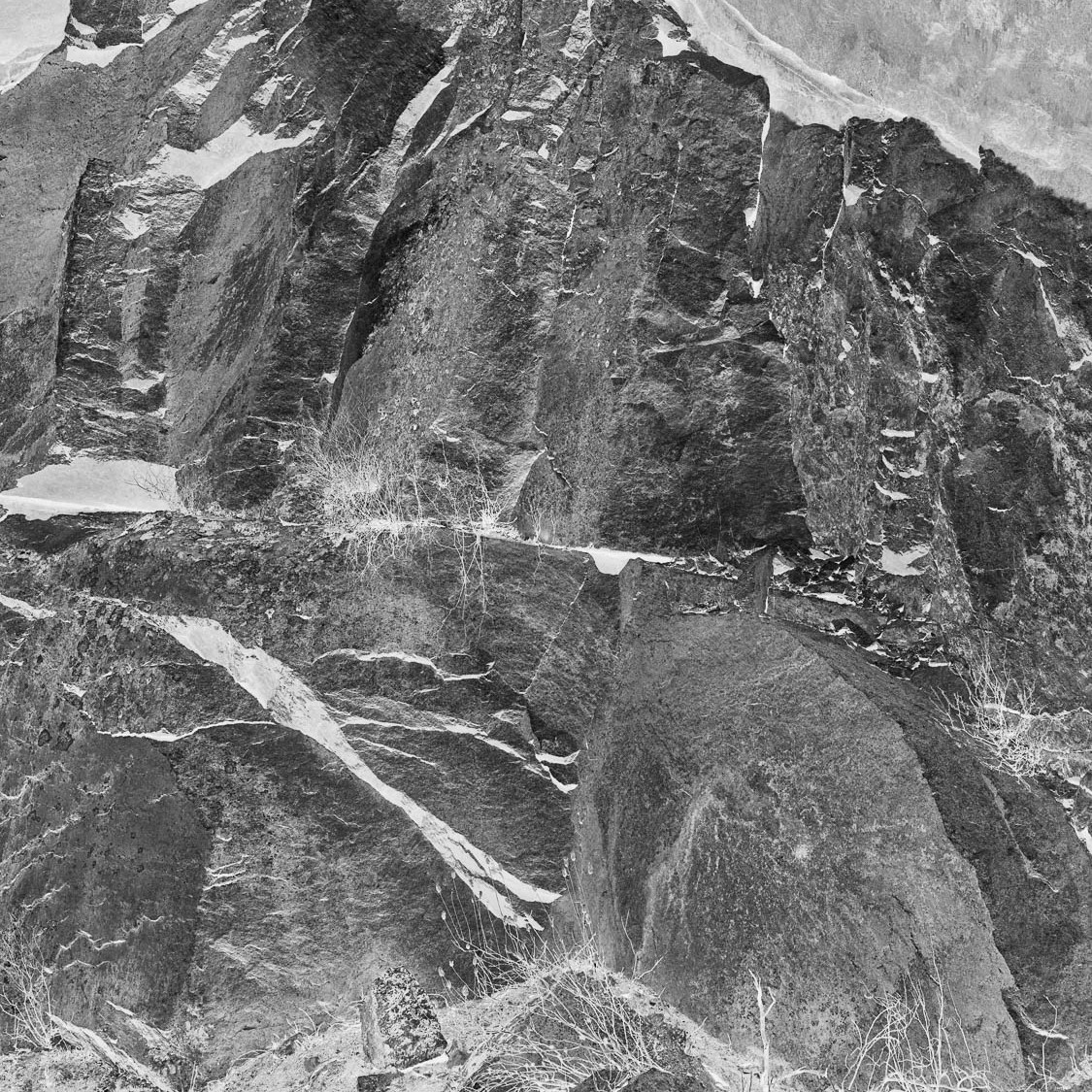
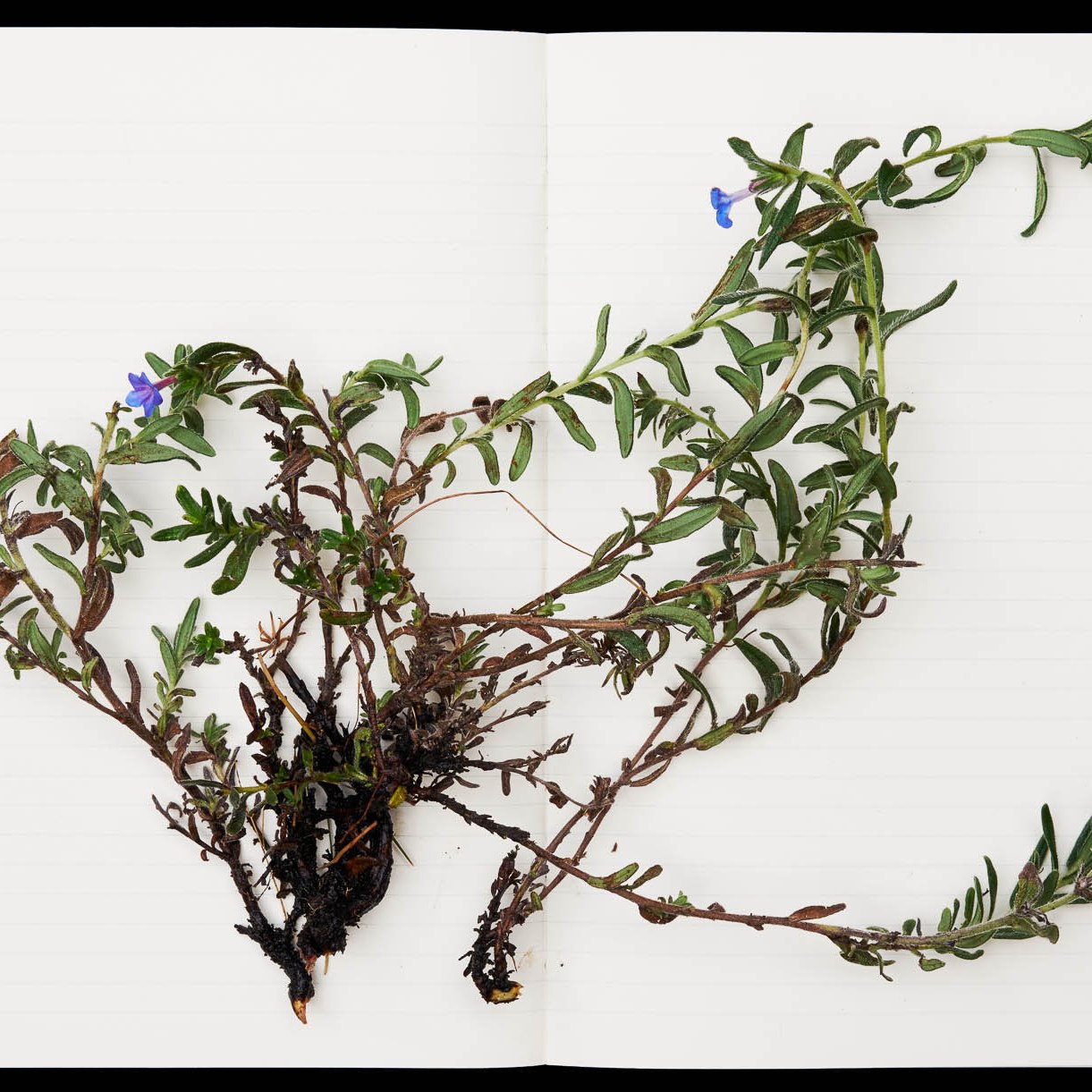
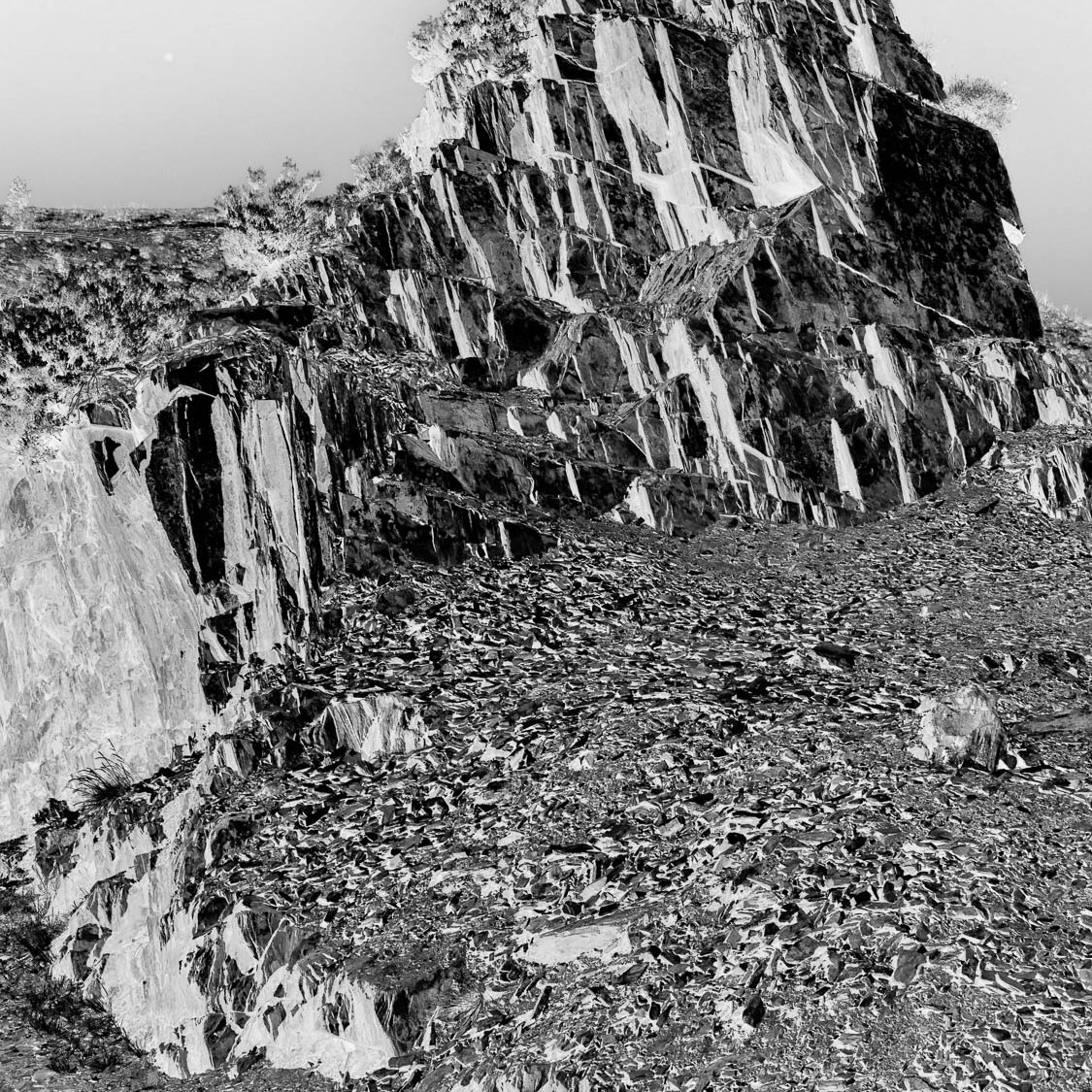


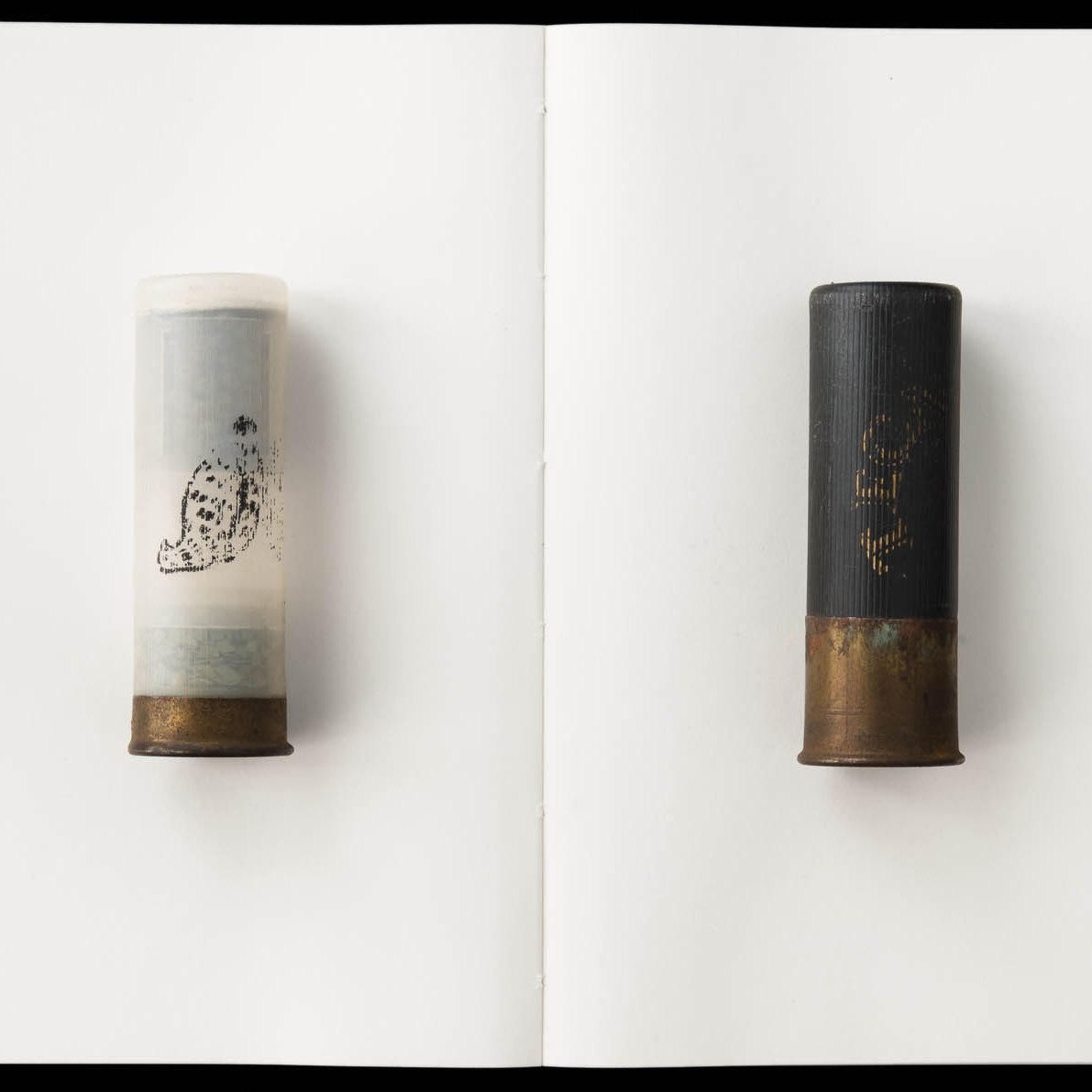


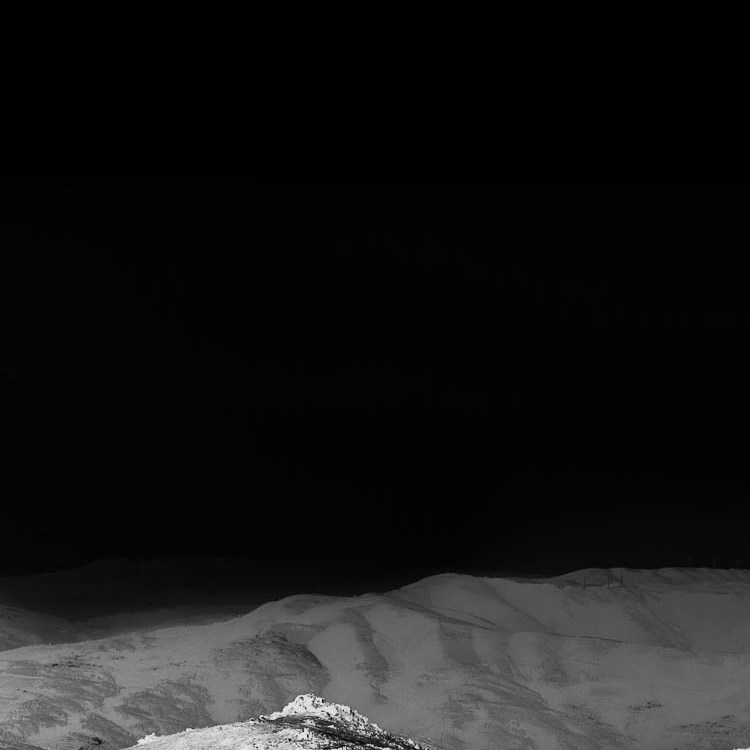
…
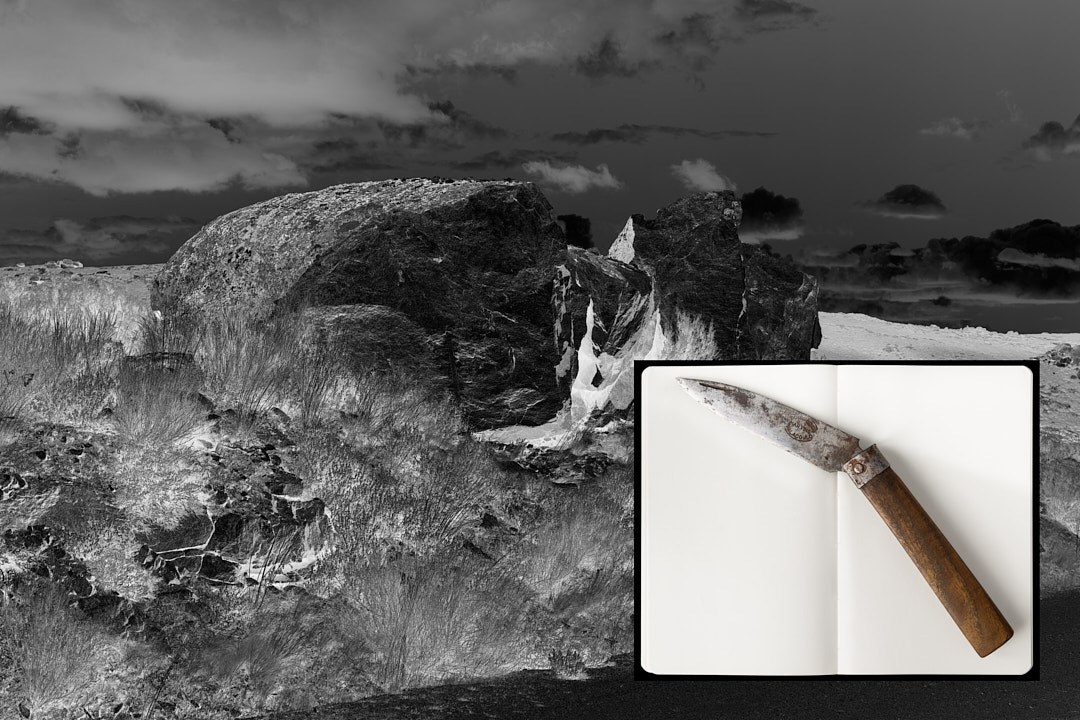
| «In that great aridity only life that pulsed without noise could triumph. (…) and the lesson that Ramiro received daily was that of an irremediable cosmic aphonia.» |
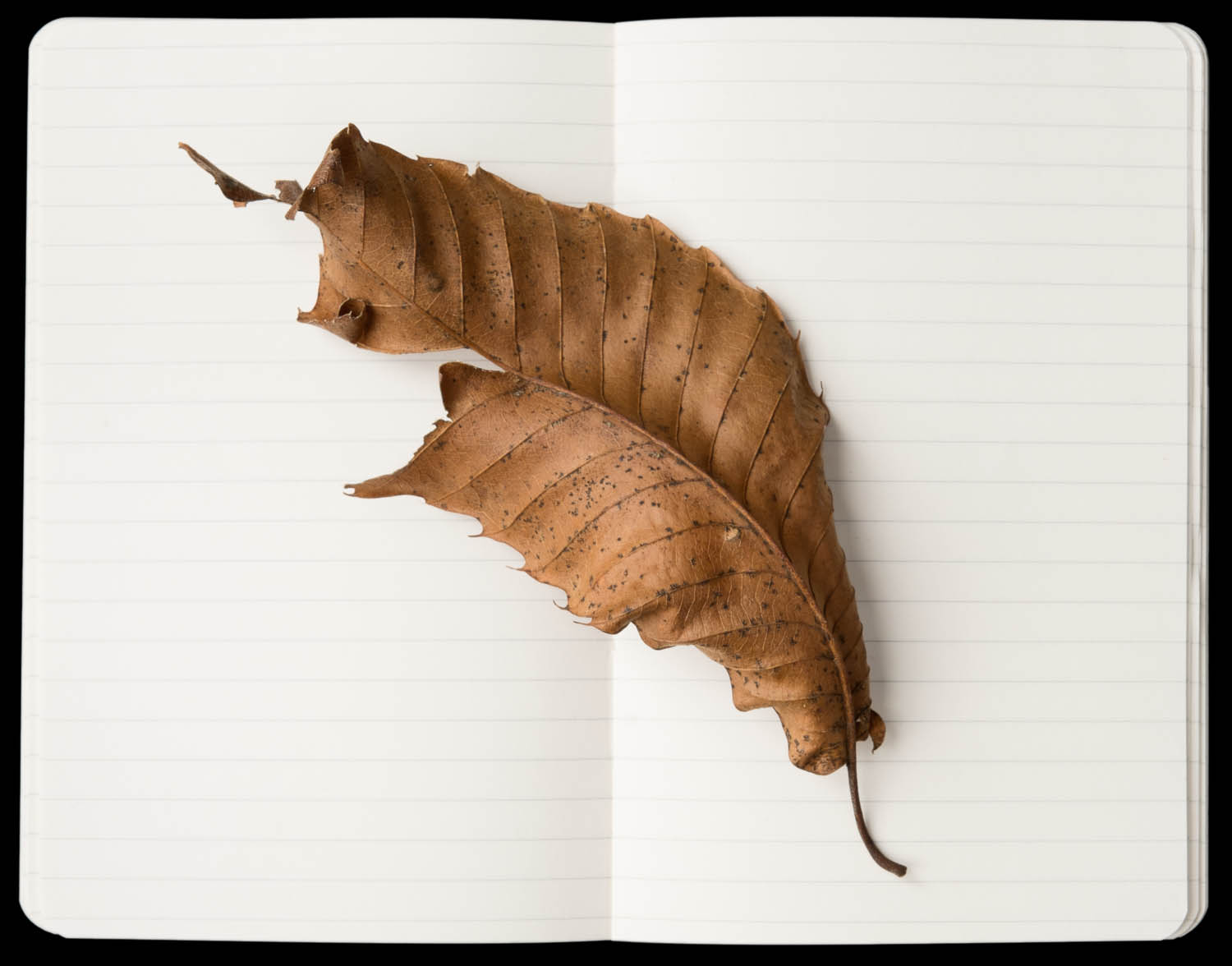
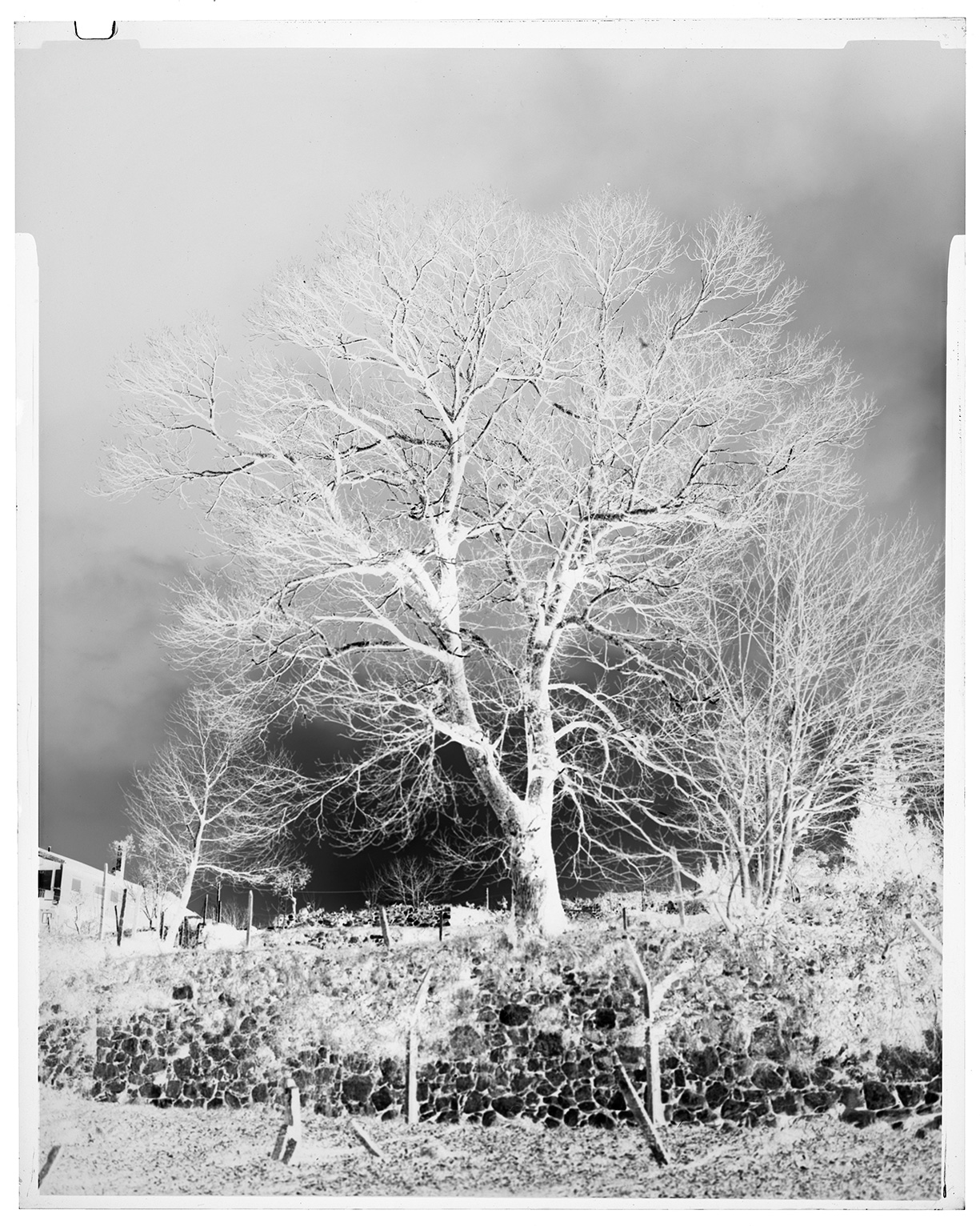
“Men die; and they are not happy”― Albert Camus, Caligula